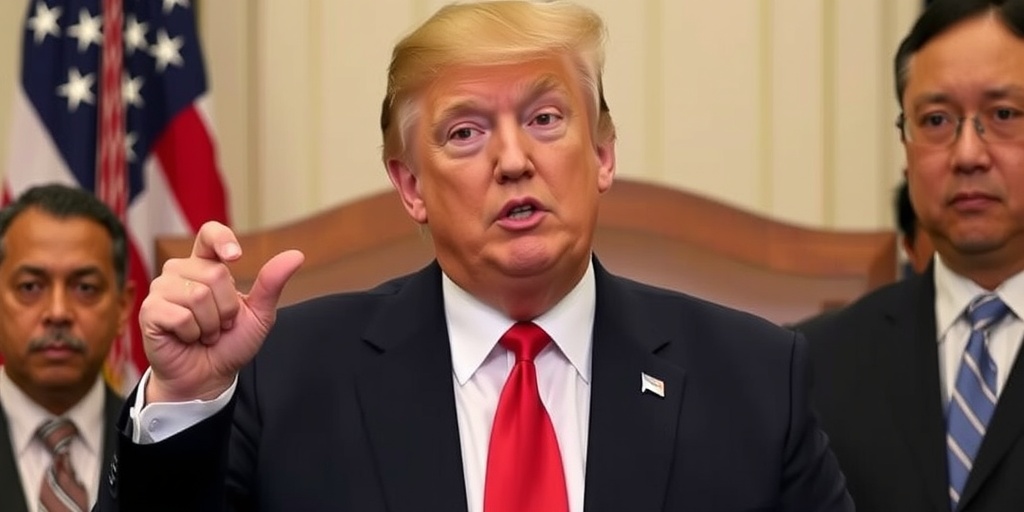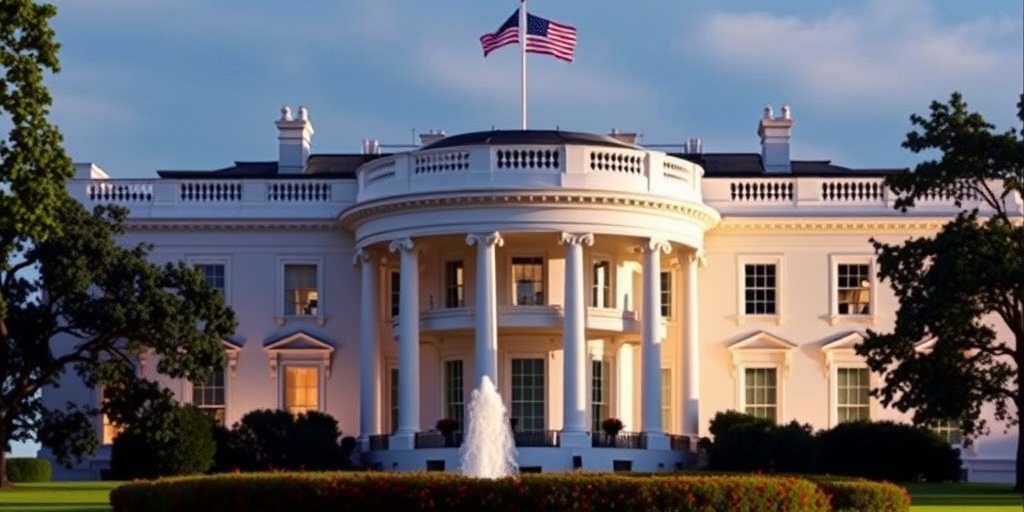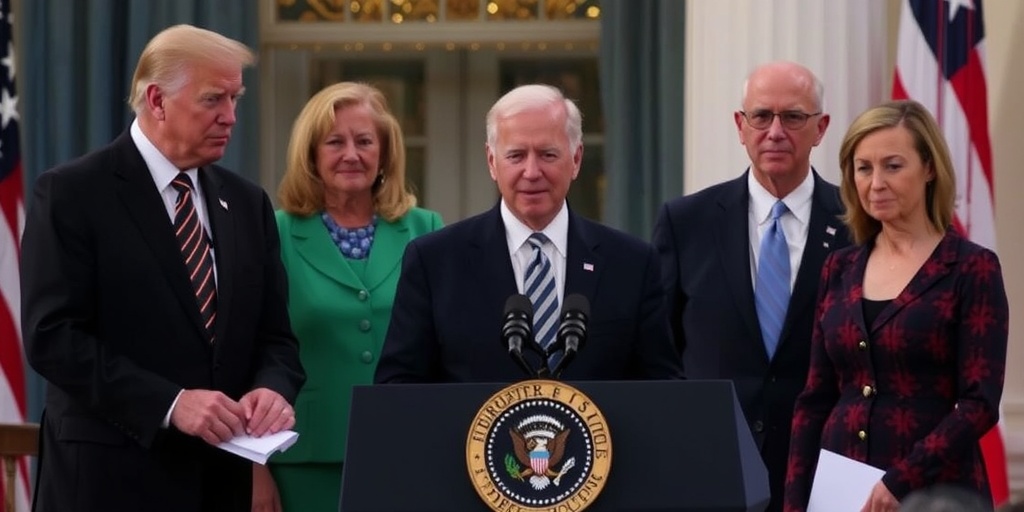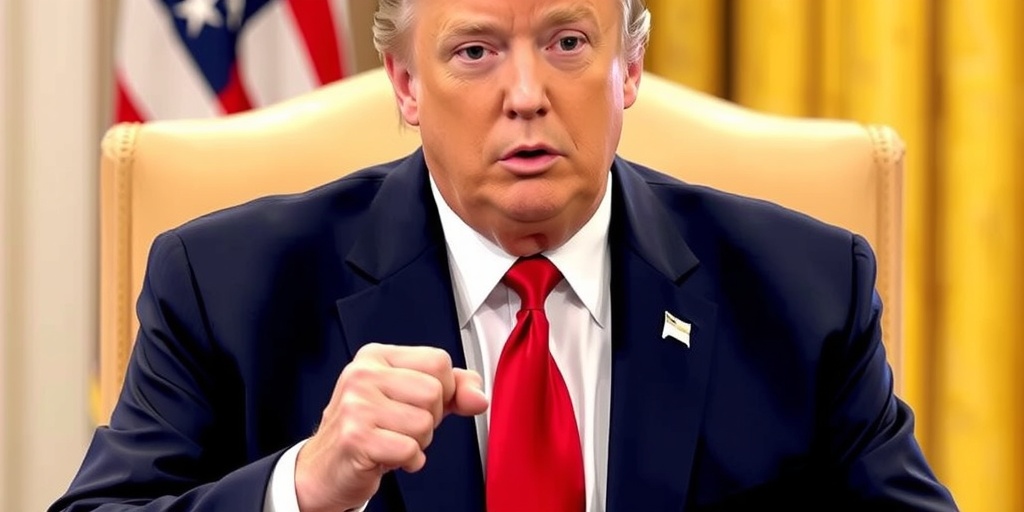Now Reading: Senior Diplomats Depart as Trump Takes Office
-
01
Senior Diplomats Depart as Trump Takes Office
Senior Diplomats Depart as Trump Takes Office
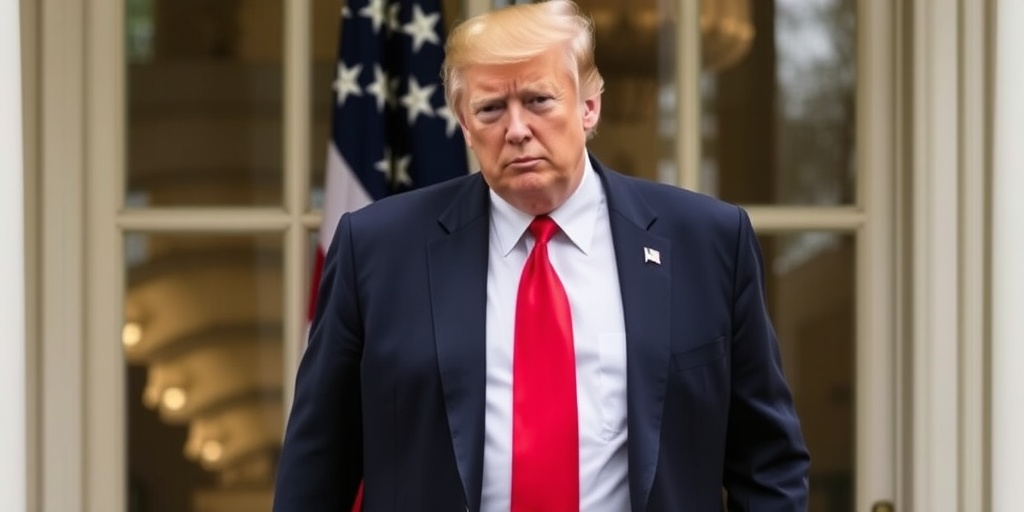
Transition at the State Department: President-elect Trump’s Diplomatic Reshuffle
In a significant move indicative of the incoming administration’s approach, President-elect Donald J. Trump’s transition team has initiated a sweeping request for resignations from a substantial number of senior career diplomats at the State Department. This request is set to take effect as soon as Trump officially assumes the presidency, highlighting the urgency and scale of this transitional shake-up, according to two U.S. officials familiar with the situation.
The customary practice of requesting resignations from career diplomats occurs during presidential transitions; however, this particular instance is noted for its rapid execution and extensive reach, surpassing the norms established by previous administrations. Such a mass departure raises concerns about the potential loss of critical institutional knowledge and expertise in managing global affairs at the onset of a new governance era.
Leading the Trump transition team at the State Department is an entourage of aides associated with Senator Marco Rubio of Florida, who has been earmarked by Trump for the position of Secretary of State, succeeding Antony J. Blinken. Given Rubio’s prominent status, his confirmation by the Senate is anticipated to progress swiftly.
Among those affected by this transition are officials holding high-ranking positions, including assistant secretaries overseeing crucial departments that deal with important global regions and broad international issues. Although the vacancy of certain positions during a transition is standard — particularly when many of these roles were initially filled by political appointees — the sheer scale of the mass resignations requested by the Trump transition team has prompted discussions surrounding the effective continuity of governance.
The fate of the veteran diplomats, often referred to as foreign service officers, remains uncertain as they navigate the shifting landscape of their careers in the weeks and months to come. While career diplomats have union protections designed to shield them from arbitrary dismissals, their potential responses to this mass exodus largely hinge on individual circumstances. Historically, it is common for diplomats in senior ranks to consider retirement, particularly if they have accrued extensive service, such as those with over two decades within the department. Moreover, many may find their career trajectories stymied, especially if they have already reached the upper echelons within the organization and see no clear pathway for advancement following the transition to a new administration.
One notable figure anticipated to leave is Daniel J. Kritenbrink, who has served as the assistant secretary for East Asian and Pacific affairs during the Biden administration and has an extensive background as a former ambassador to Vietnam. His planned resignation reflects a broader trend among top department officials. Additionally, numerous ambassadors have begun to announce their departures as the incoming presidential administration reviews and reshapes its diplomatic corps.
Among these departures is Jeffrey Prescott, a political appointee whose role involved representing the U.S. in various U.N. agencies in Rome. Prescott took to social media to share news of his departure, reflecting on his contributions to U.N. food programs during his tenure. His announcement underscores the diverse experiences and backgrounds represented among both political appointees and career diplomats within the State Department, further complicating the transition landscape.
Rubio’s recent confirmation hearings have included scrutinies concerning the swift exit of career diplomats. Senator Tim Kaine, a Democrat from Virginia, raised a pivotal point when he urged Rubio to consider retaining the services of career diplomats serving as ambassadors until new appointees could be confirmed. This approach is intended to maintain continuity and stability within the diplomatic landscape during a time of transition and uncertainty.
As the transition progresses, R. Nicholas Burns, the outgoing ambassador to China, has also announced his departure, underscoring the challenges faced during his tenure in the complex arena of U.S.-China relations. Burns, who has had a distinguished career as a foreign service officer and served both under President Biden and for decades in various capacities, expressed his pride in representing the U.S. during such tumultuous times. He stressed the significant contributions of federal employees, noting their dedication and sacrifices made while navigating the intricate challenges posed by global diplomacy.
The transition period thus reflects the broader complexities of diplomatic practice within the U.S. government, particularly as a new administration seeks to establish its foreign policy direction while grappling with potential gaps left by departing career diplomats. The outcomes of this period will likely shape U.S. diplomatic relations and the overall framework within which foreign policy is developed and executed for years to come.
Stay Informed With the Latest & Most Important News
Previous Post
Next Post
-
 01New technology breakthrough has everyone talking right now
01New technology breakthrough has everyone talking right now -
 02Unbelievable life hack everyone needs to try today
02Unbelievable life hack everyone needs to try today -
 03Fascinating discovery found buried deep beneath the ocean
03Fascinating discovery found buried deep beneath the ocean -
 04Man invents genius device that solves everyday problems
04Man invents genius device that solves everyday problems -
 05Shocking discovery that changes what we know forever
05Shocking discovery that changes what we know forever -
 06Internet goes wild over celebrity’s unexpected fashion choice
06Internet goes wild over celebrity’s unexpected fashion choice -
 07Rare animal sighting stuns scientists and wildlife lovers
07Rare animal sighting stuns scientists and wildlife lovers













